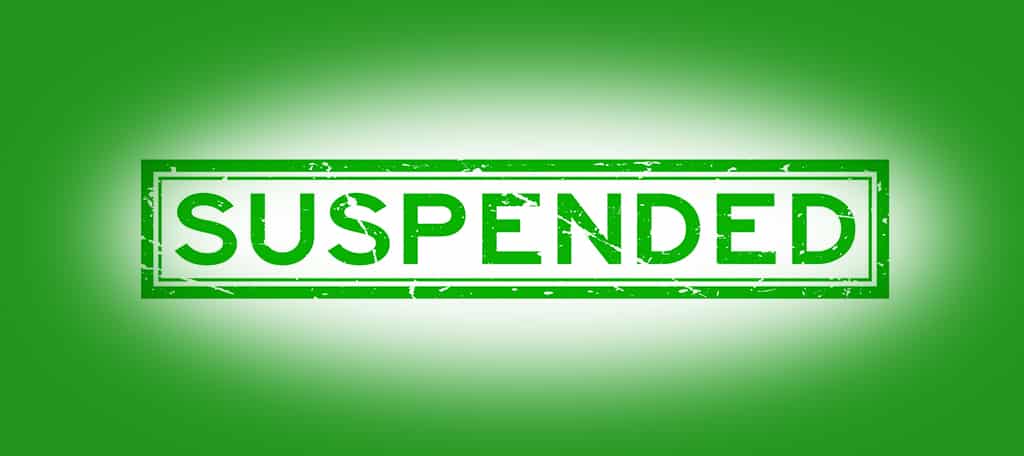
You probably never gave much thought to the possibility that Brexit might have a negative impact on your online presence, but if you are a .eu domain owner living in the UK, it could.
When the UK officially withdraws from the European Union, people who live in the UK and Gibraltar (and UK companies without a presence elsewhere in the EU) will no longer meet .eu domain eligibility requirements.
That means that owners of .eu domains that are currently registered with a GI or GB address will not be able to renew the domains when they expire. (The technical details of the decision are complicated and largely depend on the type of exit the UK makes, but it is possible that domains could begin being de-activated as early as May 30th, 2019.)
Traditionally when there has been a change in political borders or a structural change of internet policy, registered domains have been allowed to be retained, or “grandfathered in.” However, the European Union has made the decision to deny renewal to .eu domain owners in the UK.
How This Affects British-held .eu Domains
The UK’s departure from the EU is likely to happen in one of two ways: either a “No Deal” departure will take place on March 30th, 2019, or an agreement on the terms of the withdrawal will be reached, and departure will take place on December 31st, 2020. So when we refer to the “exit date” in this article, we are referring to those dates.
New Registrations

This one is straightforward: new applications to register .eu domain names by applicants from the UK will be rejected after the exit date.
Existing Registrations
Existing UK holders of .eu domain names will be notified that they are no longer in compliance with the EU regulatory framework seven days before the exit date and on the exit date itself. They will have a two month period after the exit date to demonstrate compliance. During those two months, the domain names will remain active, but they will not be automatically renewed. During the two month period after the exit date, the owner can update the domain’s contact details and/or transfer the domain name to an EU-based individual or organization.
If a domain owner is unable to demonstrate compliance by the deadline, the .eu domain name will be withdrawn, meaning the name will no longer function, but it will remain in the .eu registry database for 12 months from the exit date, at which time it will become available for registration to residents of the EU.
If Your .eu Domain Is Involved in Legal Proceedings

If a UK registered .eu domain name is on hold due to a legal court case pending judgment on the exit date, the domain will remain registered until the outcome of the case. However, on hold domains will cease to function on the exit date and will remain nonfunctional until the outcome of the case. If a .eu domain name is found to be owned by a UK registrant, it will be withdrawn.
Suspended Domains

If a UK registered .eu domain name is in “suspended” status on the exit date, the EURid registrar will consider reasons for the suspended status on a case-by-case basis, and make determinations (which could include withdrawal) as they see fit.
Quarantined Domains

If a UK registered .eu domain name is in “quarantine” status on the exit date, it cannot be reactivated by or transferred to, a UK registrant.
While it still isn’t clear exactly how the UK’s exit from the European Union is going to play out, if you are one of the 300,000 British citizens using a .eu domain it’s clear that you should take action as soon as possible to avoid being caught without a domain name when Brexit happens.
European-based Green Hosting
Are you are a .eu domain owner that has been looking for a green host? Good news! You can set up a GreenGeeks account in our data center in Amsterdam and run your .eu website on the world’s greenest hosting platform.
GreenGeeks is the most eco-friendly web hosting service in the world, replacing three times the amount of energy your website uses via the Bonneville Environmental Foundation.
If you care about the environment, come to GreenGeeks. When you host with us your website isn’t contributing to the problem, it’s part of the solution.
